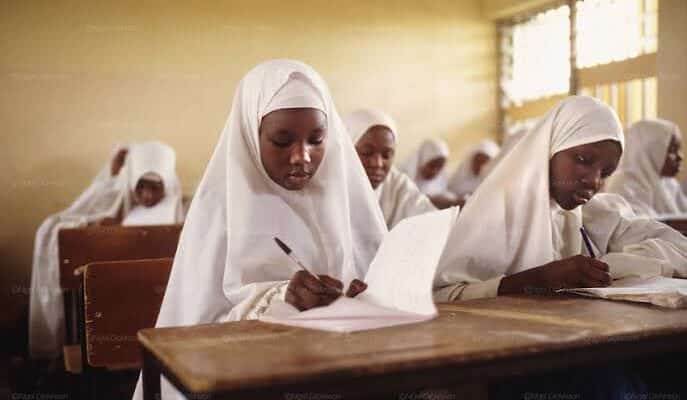
Education stakeholders in Kano State are pushing for increased funding for girls’ education by advocating for a gender-responsive budget framework. This initiative aims to ensure equitable allocation of resources for both boys and girls in the state’s educational system.
At a recent validation session organized by Bridge Connect Africa Initiatives (BCAI) and funded by Malala Fund, stakeholders reviewed the Gender Responsive Education Budgeting (GREB) framework. The chairperson of the committee and state coordinator for girls’ education, Hajiya Amina Alqassim, highlighted significant gaps in gender equity, particularly in the allocation of educational resources.
According to Alqassim, the committee identified various challenges, such as social and cultural norms, infrastructural deficiencies, and a lack of schools dedicated to girls. “Out of the 30 science and technical secondary schools managed by the Science and Technical Board, only one is for girls,” she noted. Similarly, the Kano State Quranic and Islamiya Management Board operates 13 Tsangaya secondary schools, but only one serves female students.
“This time, we are committed to addressing these gaps through robust advocacy,” Alqassim stated. She also called on Civil Society Organizations (CSOs) to strengthen partnerships aimed at ensuring a gender-responsive budget for education.
Mohammed Bello, the lead consultant for BCAI’s BAGE Project, explained that the GREB framework is designed to help the Ministry of Education and its sub-sectors prioritize gender equity in budgeting. He emphasized that this initiative would close the gender gap and improve girls’ transition and completion rates in schools, allowing them to better realize their potential and exercise their fundamental rights.
In her opening remarks, Fatima Musa, Chief Operating Officer of BCAI, stressed the importance of the meeting to collaboratively review and validate the GREB framework, ensuring it aligns with the goals of the Kano State government and its partners.

Comments